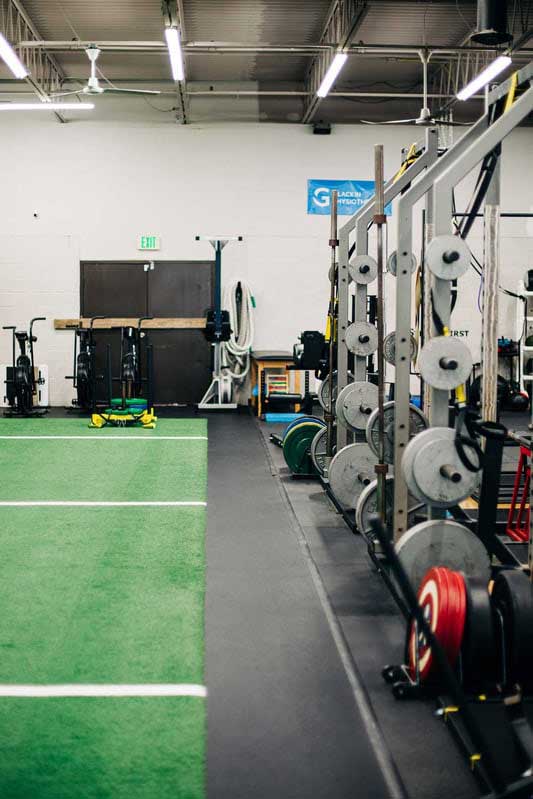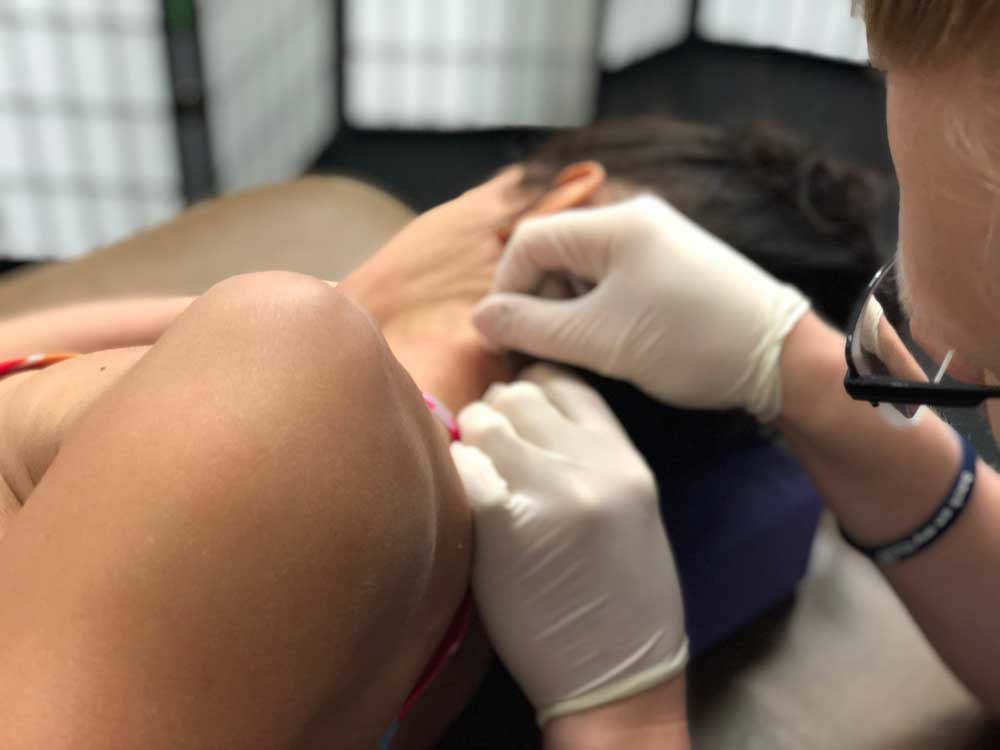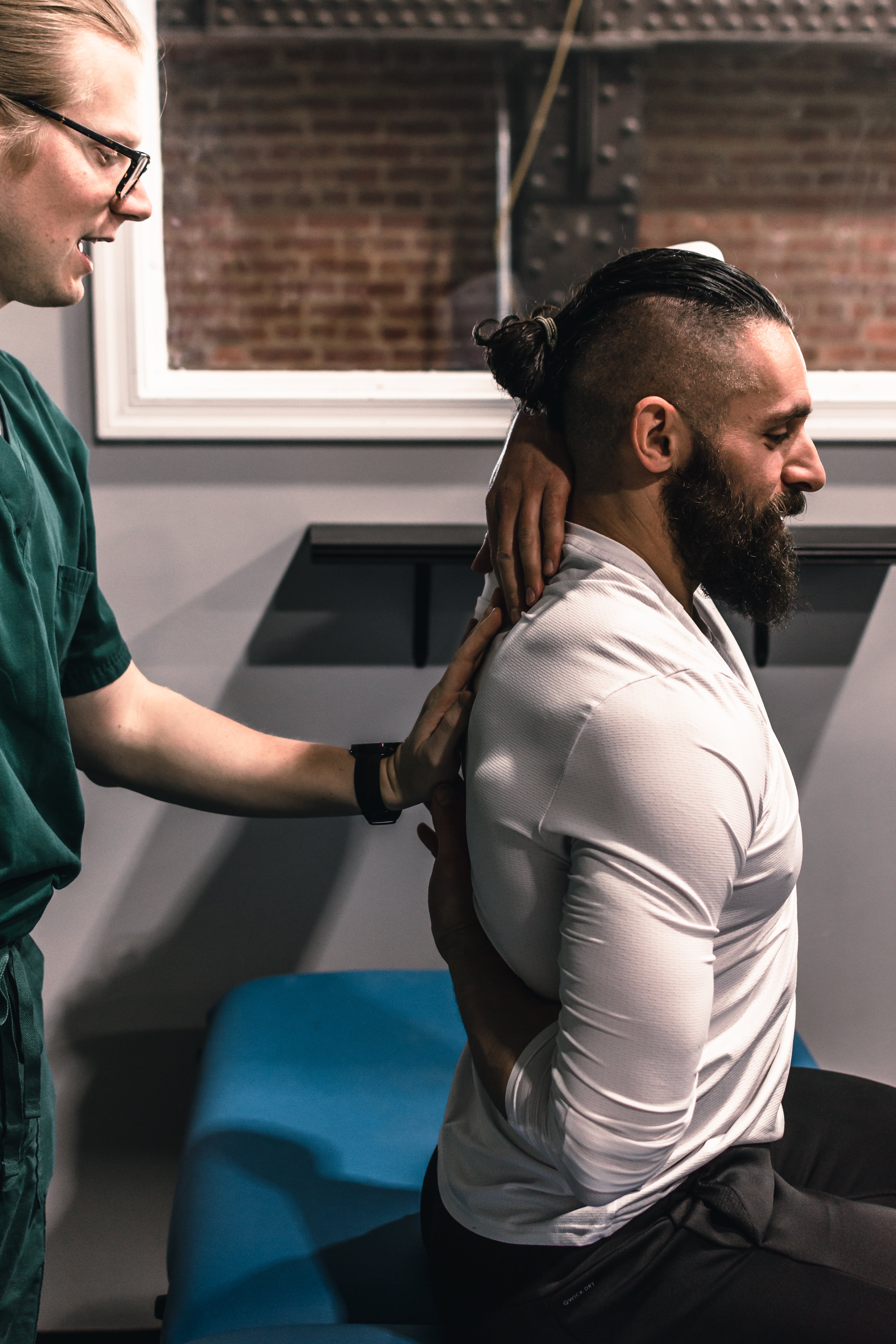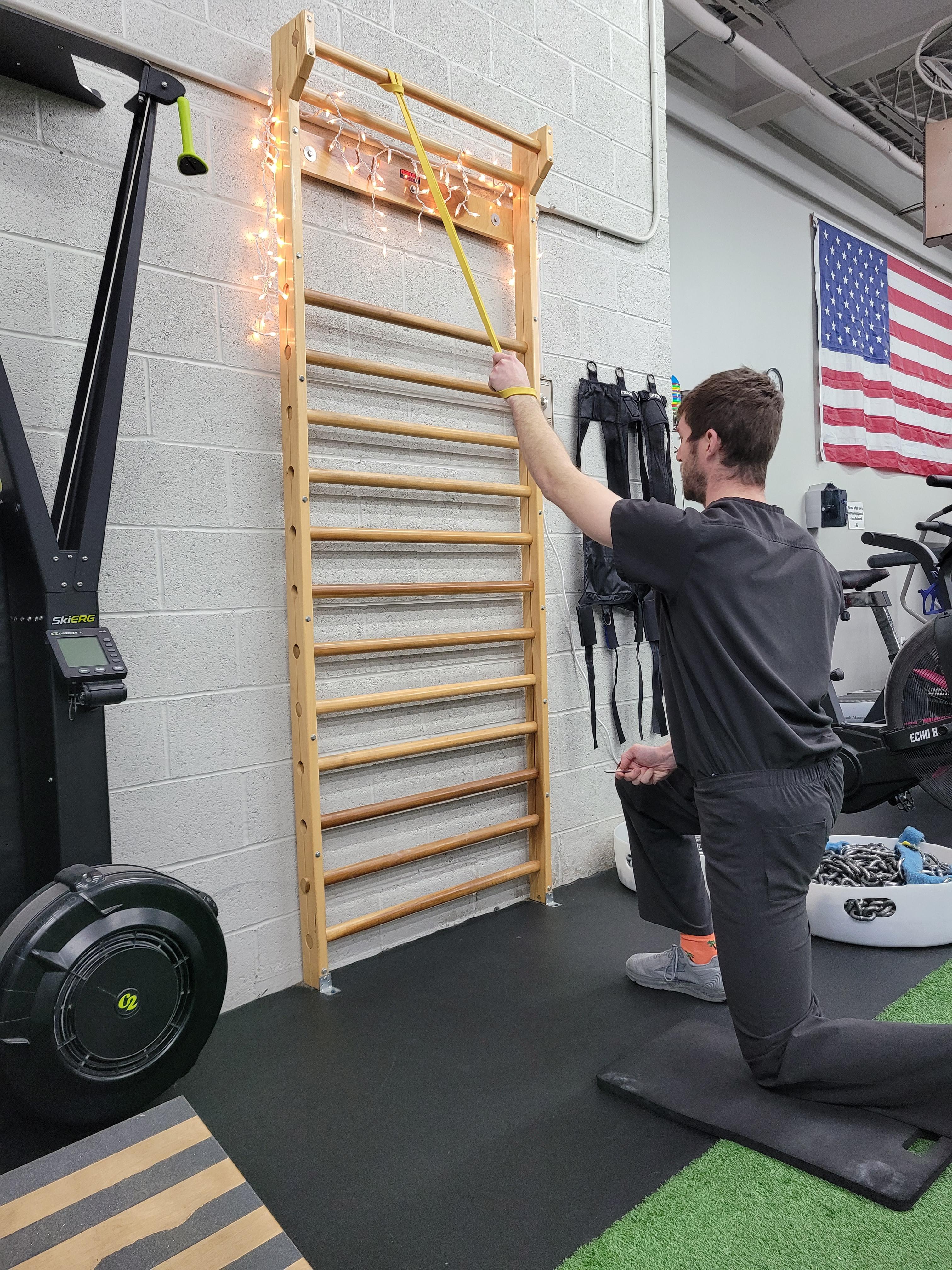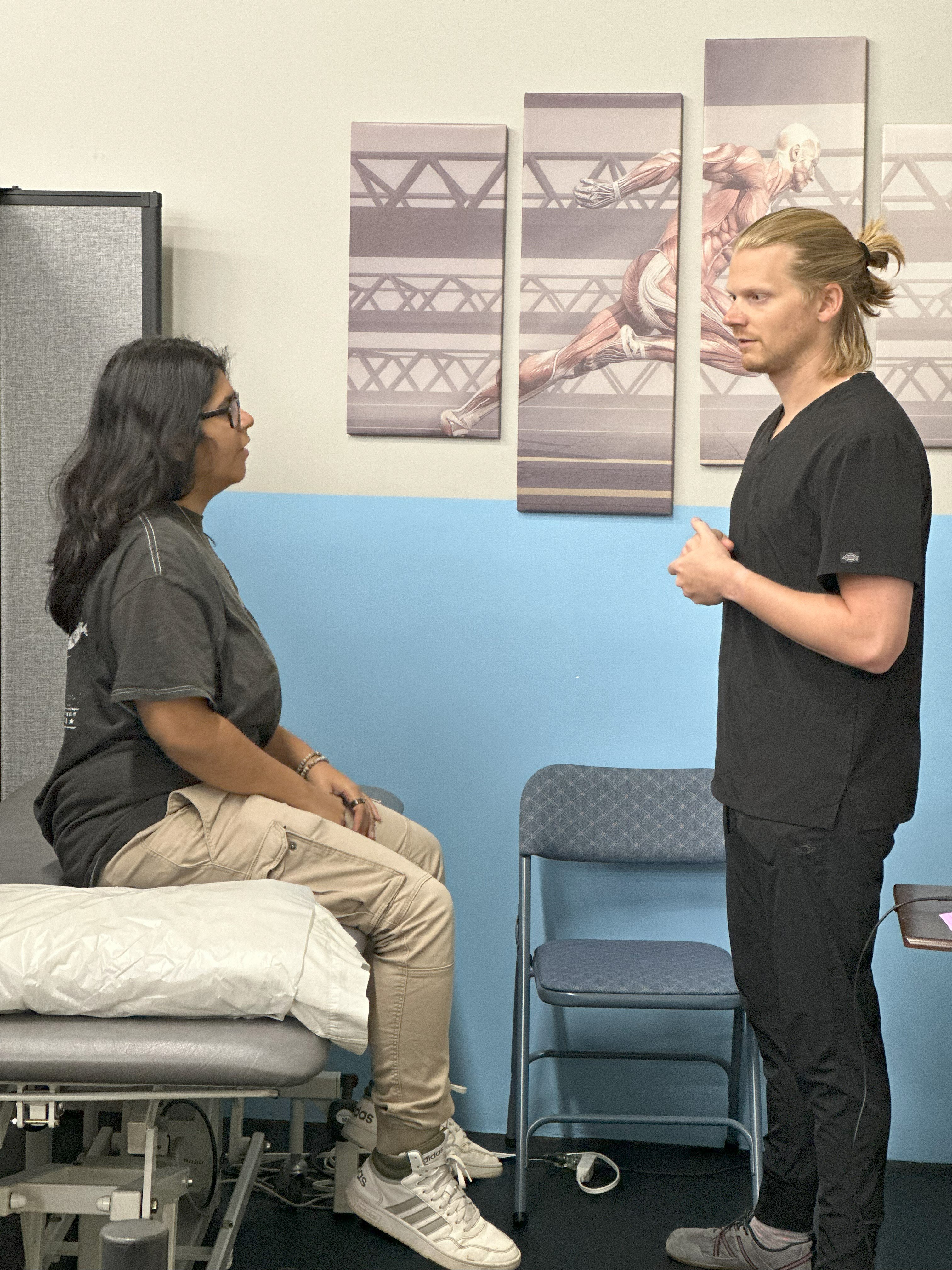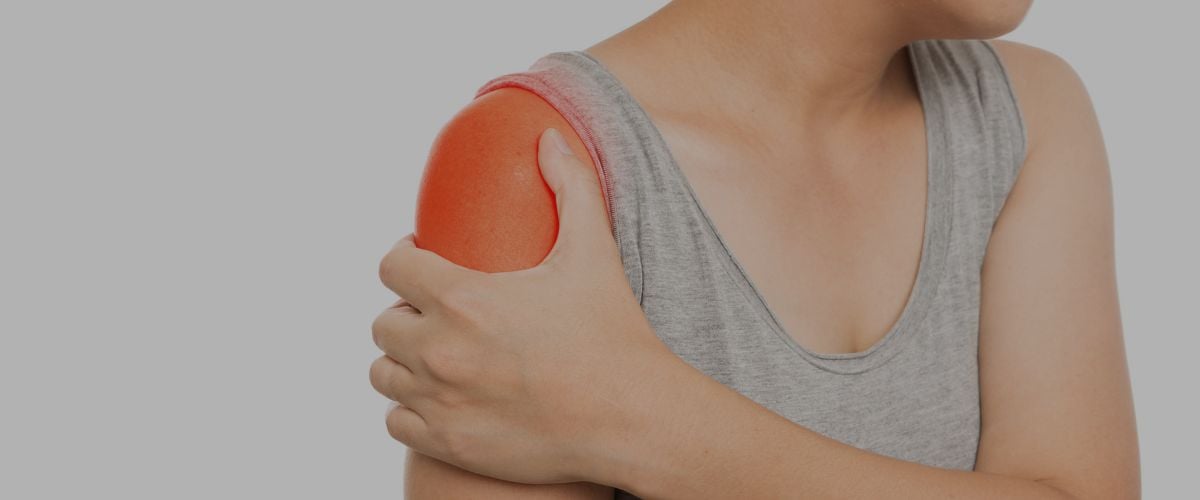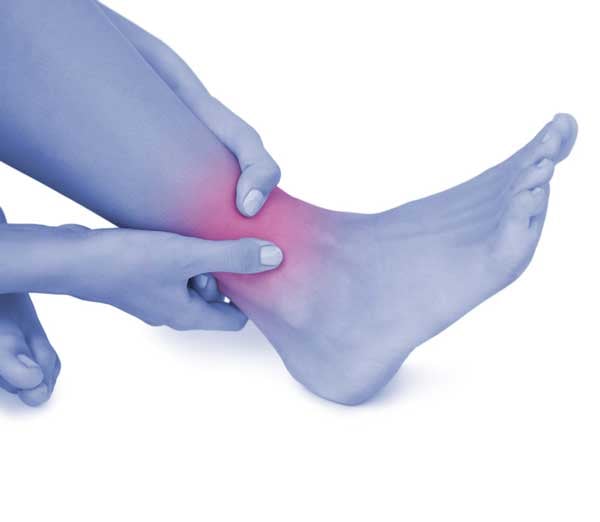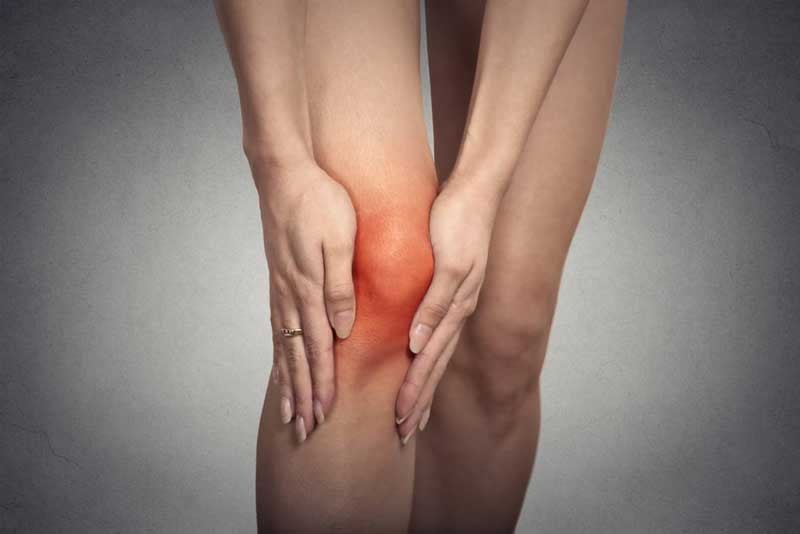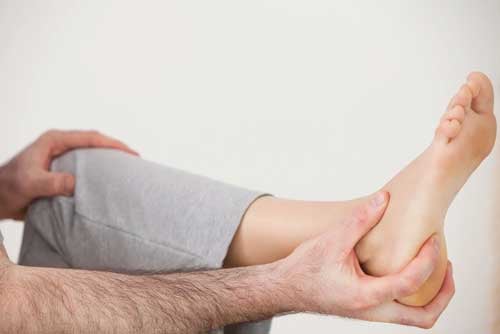One-on-one Physical Therapy In Columbia, MD
One-on-one Physical Therapy In Columbia, MD
Our unique specialties are listed below:
Orthopedic Physical Therapy
Comprehensive physical therapy clinic specializing in orthopedic causes of neck pain, shoulder pain, elbow pain, back pain, hip pain, knee pain and ankle pain
TMJ Dysfunction
Individualized physical therapy offering specialized care for TMJ dysfunction, aimed at relieving pain and restoring optimal jaw function
Pelvic Dysfunction
Tailored physical therapy focused on pelvic floor wellness, designed to address individual needs and promote optimal health

Patient
Francisco G

Patient
Raj S

Patient Mother
Stephanie F
Dr. Glackin saw my son for the first time, and provided friendly, terrific clarity and help to get him well on his road to recovery. My son, 16, is a soccer player, as was Dr. G, so he was able to provide him with specialized knowledge to help him stay at the top of his game. I highly recommend him!
Covered Insurances
In-Network
We will call your insurance to determine deductible, copay and out of pocket max prior to first visit. We will provide a superbill for you to submit to your insurance.
Out-of-Network
We will work with your case manager to determine available benefits and submit all claims on your behalf.
Workman's Comp/Auto
Location
Physical Therapy in Columbia, MD
9159 Red Branch Road, Suite B Columbia, MD @ Kinetic Systems
